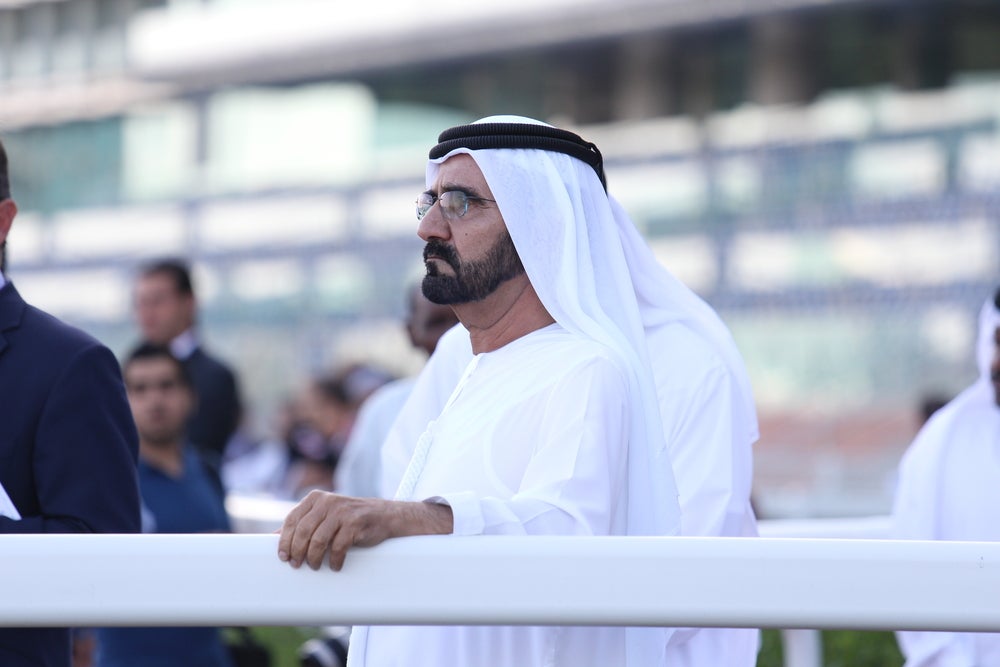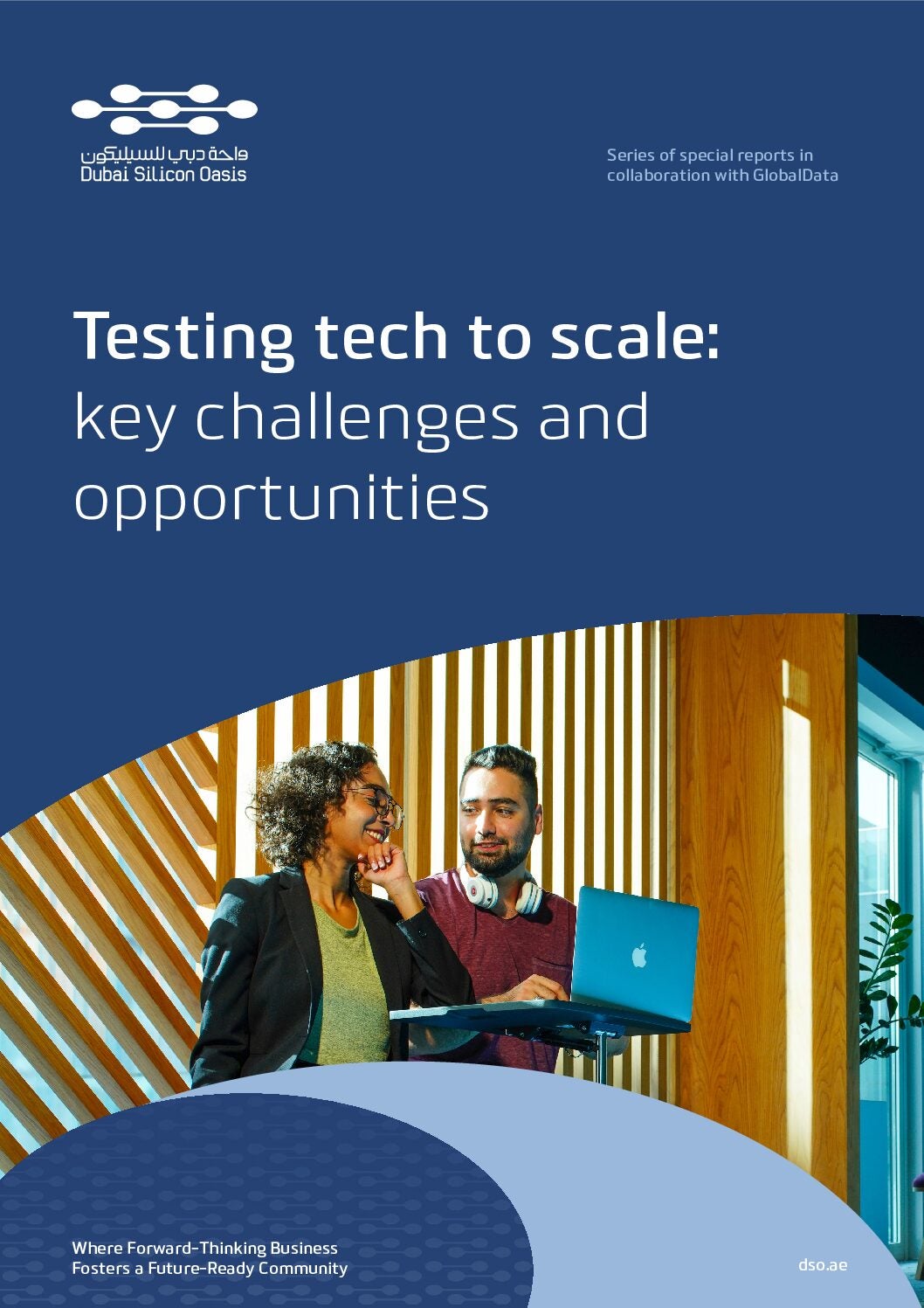
The United Arab Emirates (UAE) has established a new investment ministry to bolster efforts to attract foreign direct investment (FDI) into the Arab world’s second-largest economy, according to a report by state-operated Emirates News Agency.
Mohamed Hassan Al Suwaidi will lead the new ministry, which will support the UAE’s business objectives and investment policies, and promote its infrastructure to attract investments into a more diverse range of sectors.

US Tariffs are shifting - will you react or anticipate?
Don’t let policy changes catch you off guard. Stay proactive with real-time data and expert analysis.
By GlobalDataThe ministry will be responsible for proposing general investment policies of the UAE in coordination with the relevant authorities. It will also devise strategies, legislation, plans, projects as well as national programmes to promote the investment environment in the country and enhance its competitiveness.
The decision to launch the new ministry was made at a UAE cabinet meeting on 3 July, chaired by Sheikh Mohammed bin Rashid Al Maktoum, Prime Minister of the UAE and ruler of Dubai.
During the meeting, authorities also approved updates to the UAE National Energy Strategy 2050, which aims to increase reliance on renewable energy, improve energy efficiency and promote the use of clean energy.
The cabinet also approved a federal law establishing a Financial Stability Council, which aims to promote financial stability in the country. It also approved a National Hydrogen Strategy to support low-carbon local industries, as well as a National Policy on Electric Vehicles.
To increase inward FDI, the UAE has increasingly pursued independent bilateral trade agreements, bypassing the Gulf Cooperation Council, the Saudi Arabia-led regional political and trade bloc.
The UAE, a federation of seven emirates, attracted $21bn (Dh77.12bn) in FDI in 2021, compared with $19.9bn in 2020, according to the UN Conference on Trade and Development’s World Investment Report 2022. The UAE ranked first for FDI inflows in the Middle East and North Africa region in 2021, accounting for 31% of total inflows.




